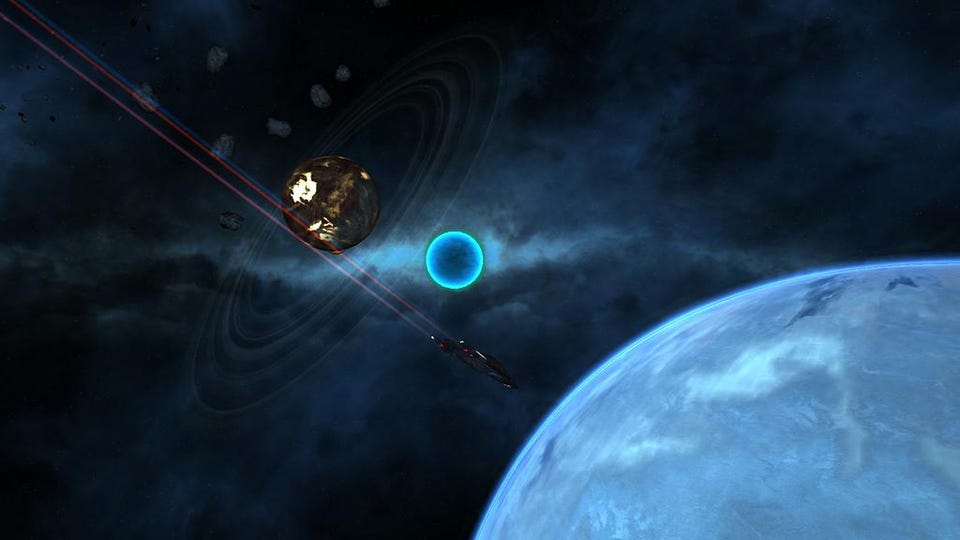The Great Cosmic Silence: Why Haven't We Found Aliens Yet?

Gazing up at a star-filled night sky, it's easy to feel a sense of wonder and to contemplate the vastness of space. With countless stars twinkling above us, we can't help but imagine planets orbiting them, potentially harbouring life, perhaps even intelligent life. But this natural curiosity leads to a perplexing question: if life is common, and we evolved naturally, where are all the other intelligent beings? This is the heart of the famed Fermi Paradox, a question that has puzzled scientists and alien enthusiasts for generations.
To understand why we haven't detected signs of extraterrestrial intelligence, we must first examine the journey that led to our own existence. Then, we need to consider the potential for intelligent life to arise in environments different from Earth's, and to do so with meticulous accuracy. It's crucial to avoid unfounded assumptions and logical fallacies, such as assuming that the absence of evidence means there's no evidence at all.
One common mistake in estimating the likelihood of alien life is making point estimates, without acknowledging the inherent uncertainties. Instead, we need to consider a range of possibilities and associated error margins. Similarly, the Drake Equation, while groundbreaking for its time, relies on a number of assumptions about the universe that we now know are incorrect. The equation was conceived before we understood the Big Bang and the dynamic evolution of the universe.
Instead of relying on the Drake Equation, we can now draw upon a wealth of data to estimate the number of potentially habitable planets in our galaxy. Based on our current understanding, the Milky Way likely contains around 20 billion Earth-sized planets located within the habitable zone of their respective stars. These worlds are composed of similar elements to our own and could potentially possess liquid water on their surface.
However, this number only represents a tiny fraction of the unknowns surrounding the origin and evolution of life. We have no way of knowing what fraction of these potentially habitable planets actually harbour life, let alone how often life progresses to complex and intelligent forms. We can't even confidently estimate the odds of life arising from non-life on any given planet. Furthermore, the likelihood of intelligent life surviving for extended periods and developing advanced technologies is another significant unknown.
Given our vast ignorance about these crucial factors, it's entirely plausible that we may be alone in the Milky Way, perhaps even the entire observable Universe. While we can continue to search for signs of alien life, we must acknowledge the possibility that the Great Cosmic Silence may be due to the simple fact that we are, indeed, alone.
Until we find evidence to the contrary, the simplest explanation remains the most likely one: we haven't encountered other intelligent civilizations because they simply don't exist. It's a sobering thought, but one we must consider as we continue our exploration of the universe, driven by the eternal human desire to understand our place within the cosmos.





